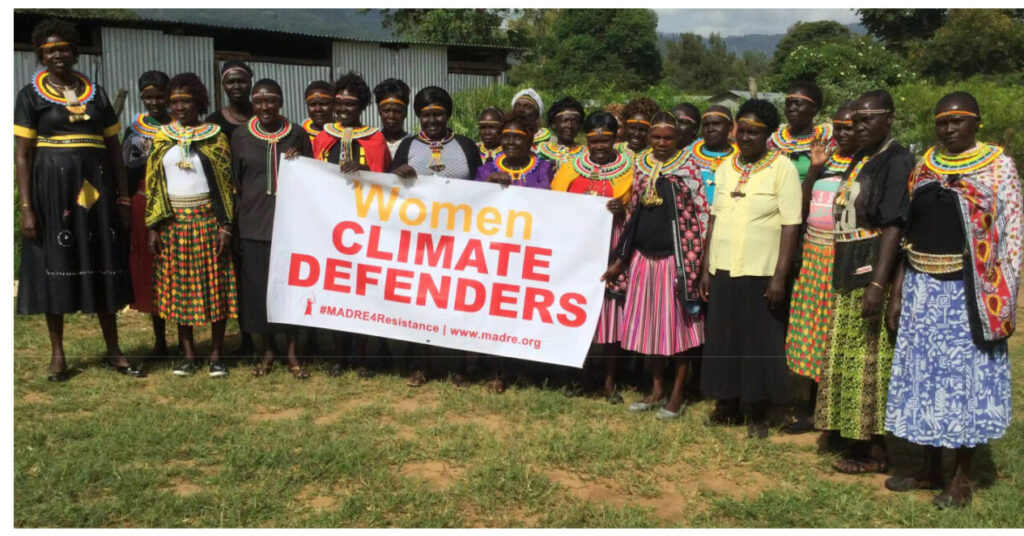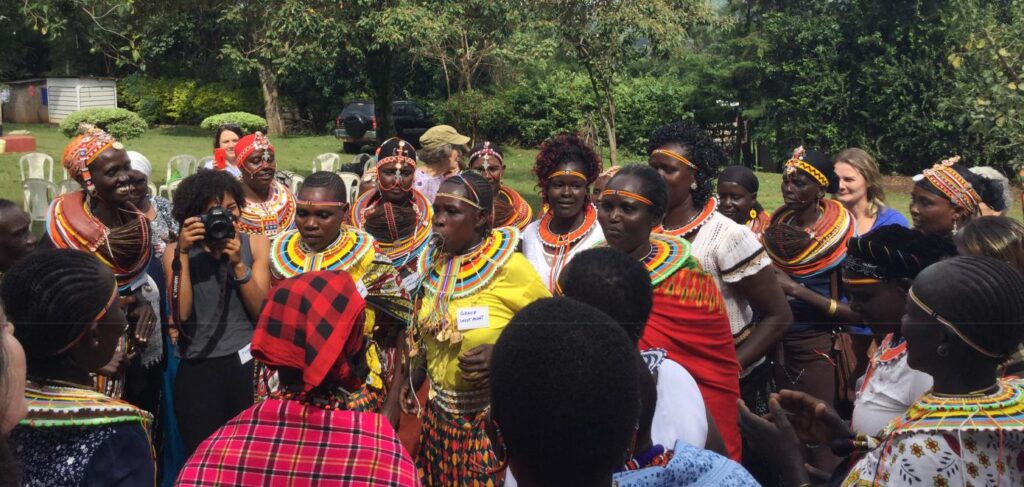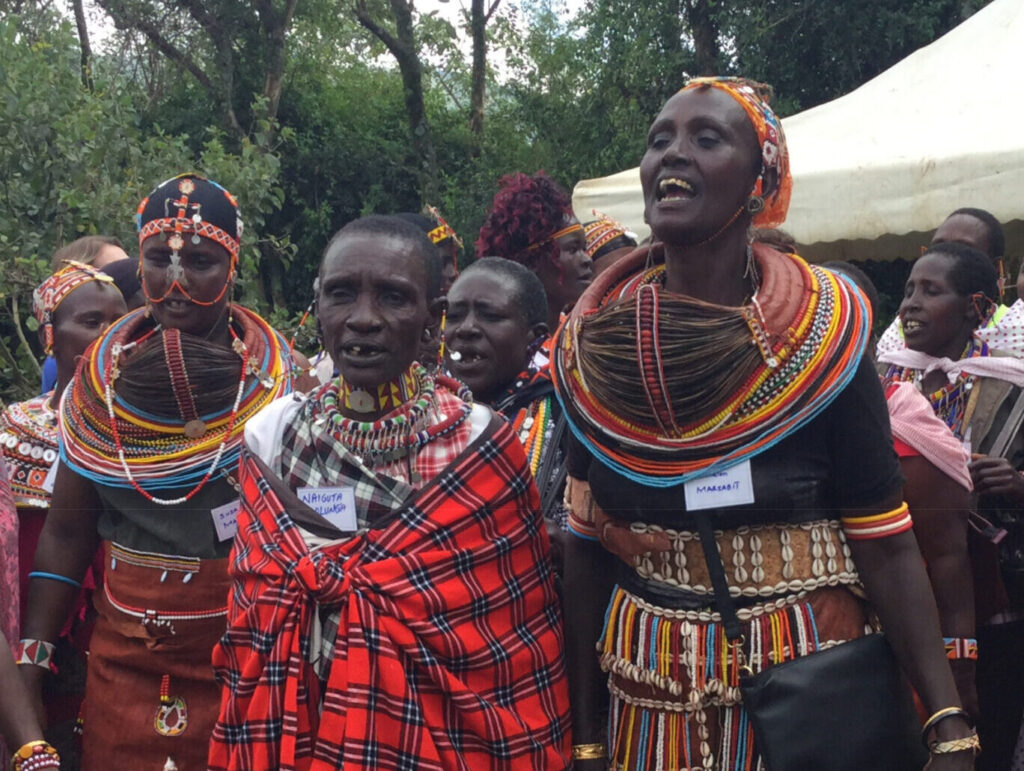
Indigenous women possess intimate knowledge about their lands and are uniquely capable of adapting and mitigating climate change. As well the conservation of biodiversity and plant genetic resources is now widely recognized as crucial to food security. Women play an important role as custodians of seeds and conservers of biodiversity. This is the reality for the different indigenous women’s organizations and groups that we work with. For instance, many Indigenous women understand the landscape and often know where the safe zones may be, when disaster strikes like floods during heavy rainfall, they are the ones in charge of getting the children, the elderly and the sick to safety. Nevertheless, some indigenous peoples and women’s organization are working to influence policy at local and national level through sharing evidence-based solutions on renewable energy, forest conservation, food security, hence inform climate change policy from the ground up. Actions targeted at increasing indigenous women’s and girls’ participation in climate change policy decision making is another avenue indigenous organization have been advocating for. An outcome of which in the international climate change negotiation in the adopted gender action plan, recognition of the need for parties to increase indigenous women’s participation in policy process at national and international level and in national gender plans. Participation in the climate policy space is to ensure indigenous women shape ambitious climate policies and climate action because indigenous women have different perspectives than men, on critical issues, ranging from food security and safe water access to renewable energy and disaster relief. It has been our role as an organization to ensure that the indigenous women we work with in the different areas are able to be empowered and have their capacities built in order to use their traditional knowledge in climate change mitigation and adaptaion strategies in their communities and also be able to contribute to the national and international climate change discussions and advocacy platforms

Different women groups from Westpokot, Marsabit, Isiolo and Narok counties in Kenya, gathered to exchange knowledge on climate change adaptation and mitigation and conservation. The exchange visit aimed at building the capacity of the women’s groups to understand the importance of community seed banking, the role kitchen gardens play in food security and nutrition, fruit trees and tree nurseries as well as conservation of water sources. Women were able to share different experiences, ideas and knowledge on what worked, what failed for them in their counties when it comes to climate change adaptation and mitigation and conservation.
The exchange visits are important for the different women groups because it brings them together; they were able to network; learn from each other and gain confidence in the work they have been doing. Women leaving their communities and going for exchange visits to other women who have a certain knowledge that they do not have. Learning skills like Voicing their voices in the public in remote areas calling for recognition. You also see there are different styles that women share their secrets and experiences it could come in either sewing clothes or even making arts.
“Indigenous women are Indigenous knowledge holders and they work to protect the environment around them.’”


